Latest Developer Tutorials

Rebuilding MistKit with Claude Code - Real-World Lessons and Collaboration Patterns (Part 2)
-

Rebuilding MistKit with Claude Code - From CloudKit Docs to Type-Safe Swift (Part 1)
Follow the journey of rebuilding MistKit using Claude Code and swift-openapi-generator. Learn how OpenAPI specifications transformed Apple's CloudKit documentation into a type-safe Swift client, and discover the challenges of mapping CloudKit's quirky REST API to modern Swift patterns. -

Building SyntaxKit with AI: A Developer's Journey
Follow the journey of building SyntaxKit using AI tools like Cursor and Claude. Learn practical lessons about AI-assisted development, from failed LLM approaches to successful iterative workflows, and discover how AI can help create better developer tools. -
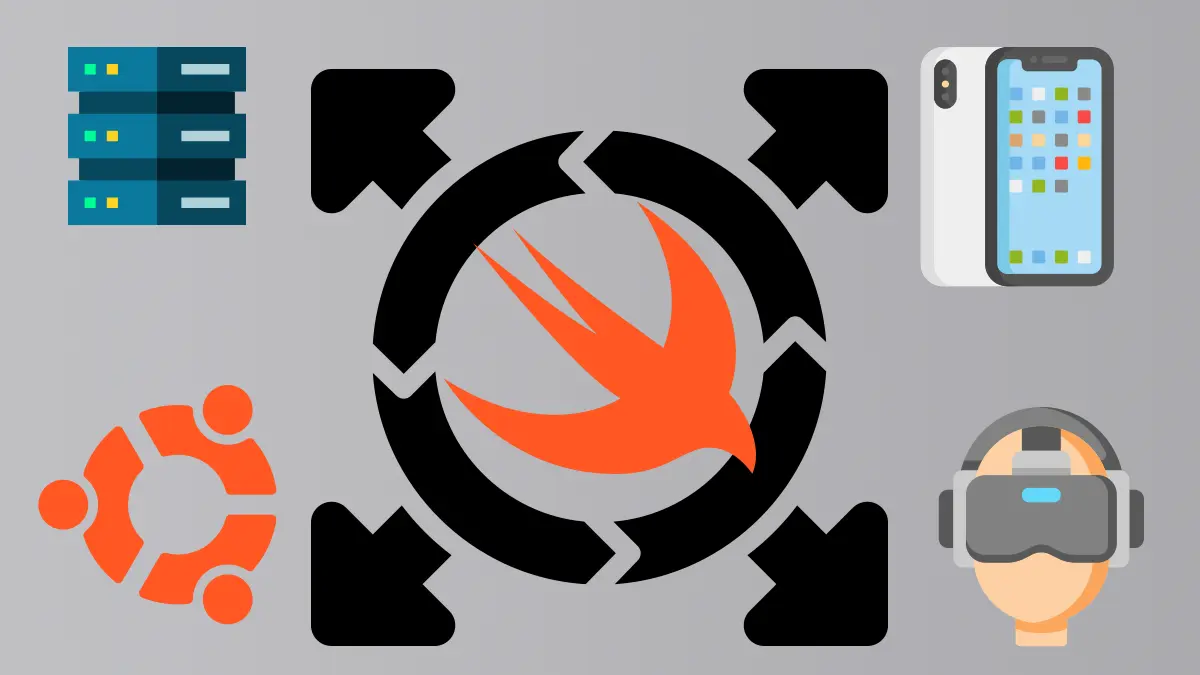
Introducing swift-build: A GitHub Action for Swift
Learn how swift-build simplifies Swift CI/CD with little configuration, intelligent caching, and comprehensive platform support. A step-by-step breakdown of the composite GitHub Action that eliminates CI/CD complexity for Swift developers. -

Implementing Sign in with Apple in the watchOS Simulator
Learn how to implement and test Sign in with Apple functionality in the watchOS simulator -
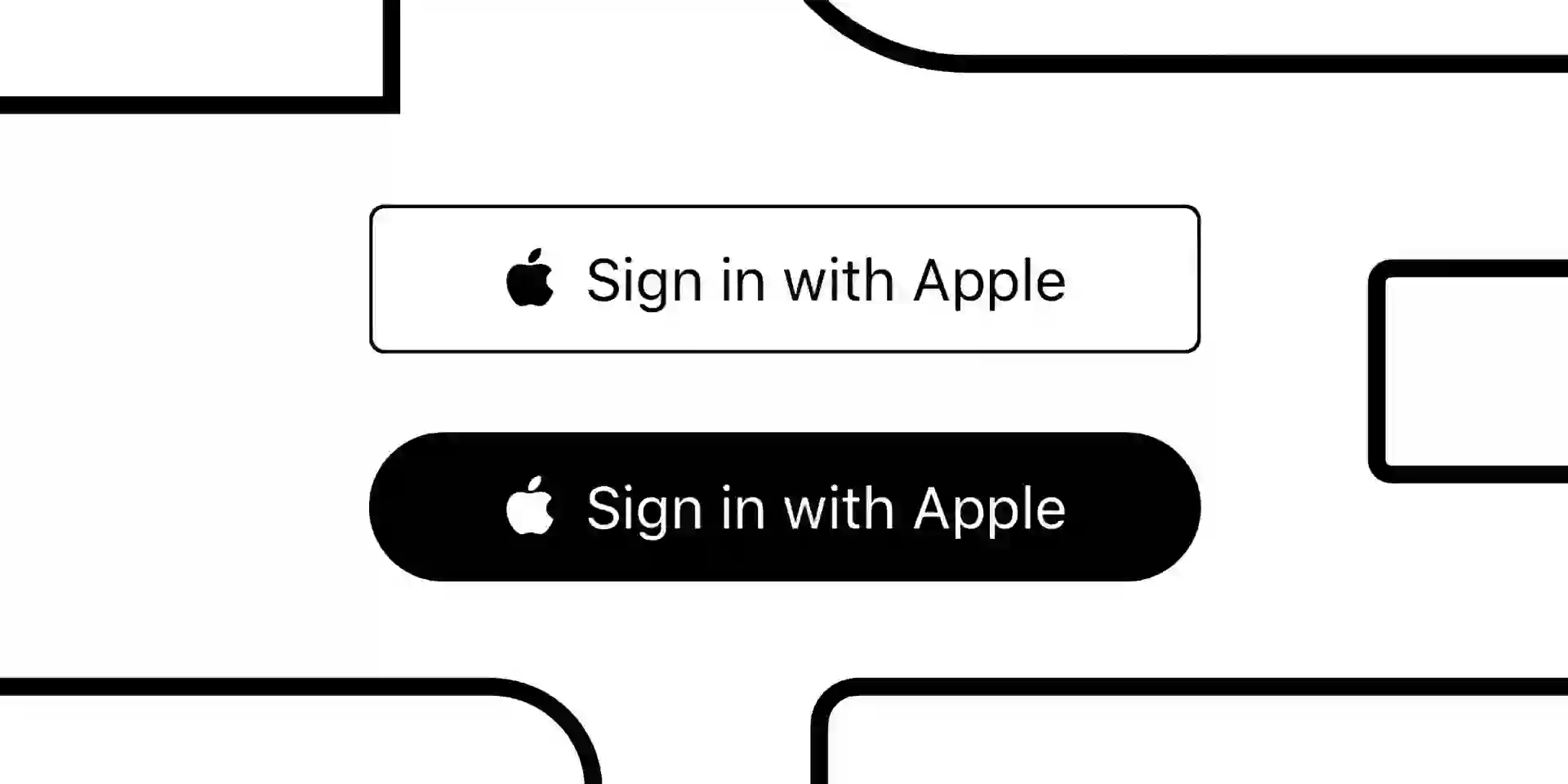
Setting Up Sign in with Apple with Server Side Swift and SwiftUI
A comprehensive guide to implementing Sign in with Apple in your server and client applications in Swift -

SwiftData CRUD Operations with ModelActor
How can we add CRUD methods to SwiftData ModelActors in an safe way using actors in Swift 6. -

Being Sendable with SwiftData
How do you use non-Sendable PersistentModel objects in SwiftData? This is where PersistentIdentifier comes in. -

Swift 6 Incomplete Migration Guide for Dummies
Discover the first steps for migrating to Swift 6, focusing on concurrency safety. Learn how to handle mutable properties, use `nonisolated`, and make UI components `@MainActor` for a seamless transition. -

Using ModelActor in SwiftData
How to adopt SwiftData using ModelActor instead of MainActor in your SwiftUI application with Environment values for seamless and efficient user experience. -

Getting Started with Swift OpenAPI Generator
Here's how to get started with the Swift OpenAPI Generator -

Connecting Observation with Binding in SwiftUI
How can you use a WindowGroup with Binding and the new Observation framework in SwiftUI -
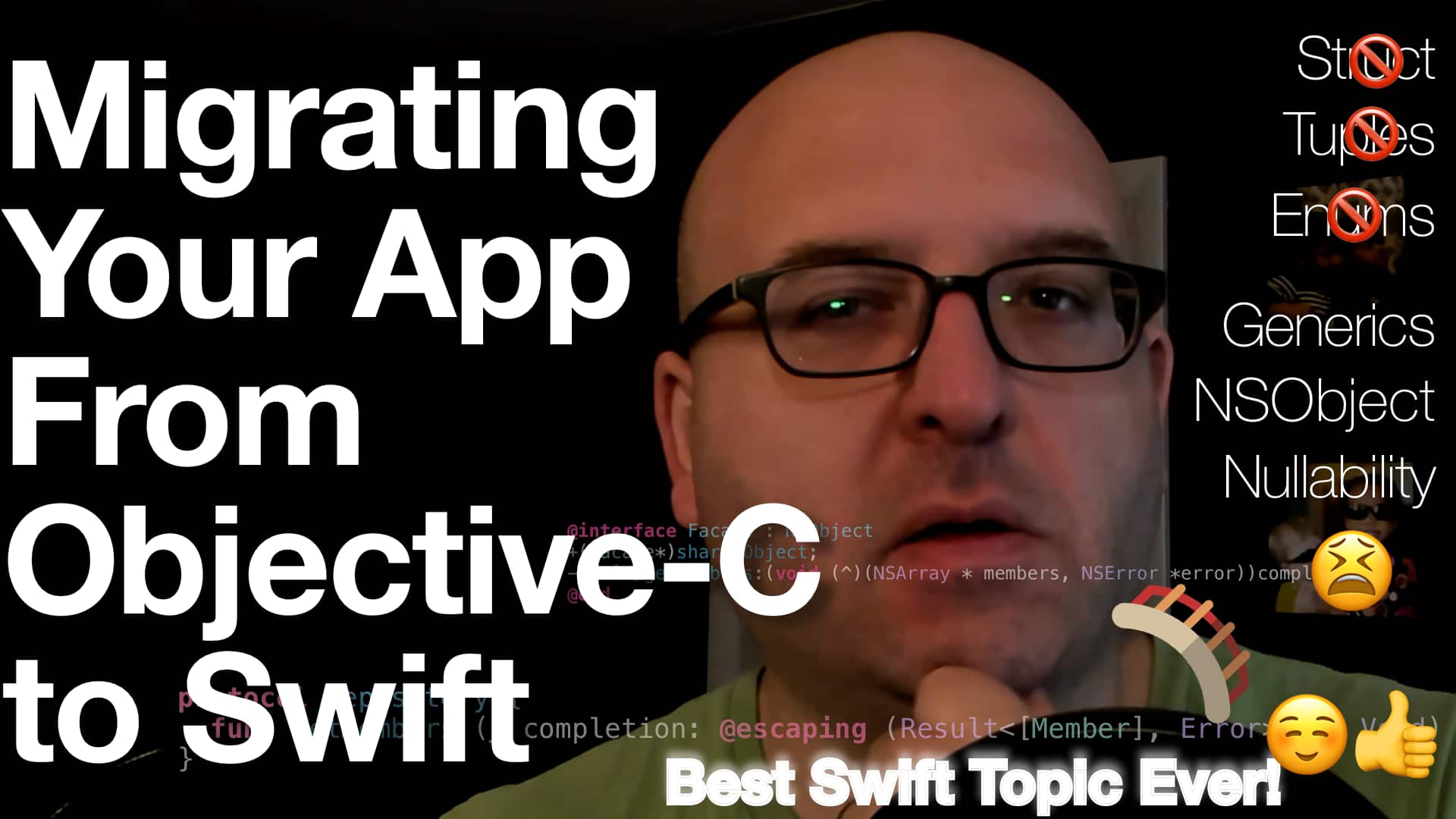
Migrating Your App From Objective-C to Swift
In this tutorial video I explain how to slowly migrate your app to Swift in such a way that it takes advantage of Swift without breaking existing functionality. -
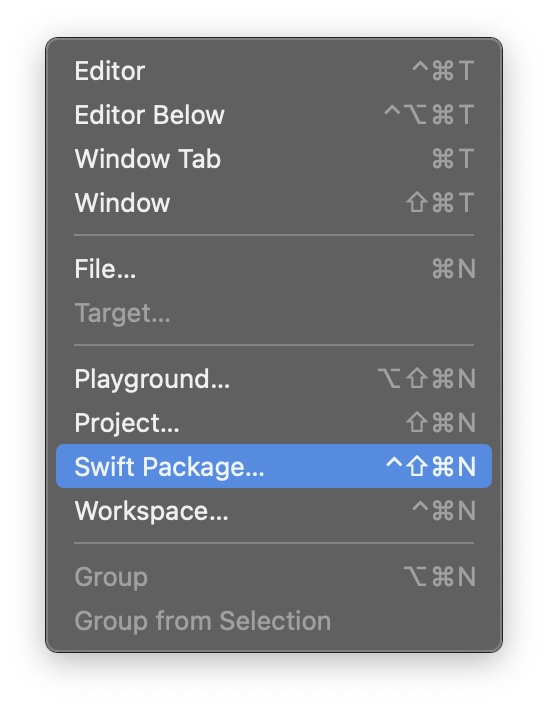
Package.swift - Getting Started with the SPM Manifest file
We'll talk about using a package in Xcode, creating a package in Xcode or with the swift command as well as how the manifest Package.swift works. -

Swift Packages - Dependency Management of the Future
Package Management has been around for decades. However since the introduction of Swift, the Apple team has given us a new package manager. -

Combine & CoreLocation, Part 3 - Integrations with flatMap
Most of the older APIs from Apple use the Delegation Pattern. The challenge is adapting this pattern for SwiftUI through Combine. -

Combine & CoreLocation, Part 2 - Receiving & Handling Events
In our previous post, we talked about how to build a Publisher Factory. Here, we'll talk about how to use the factory for receiving and handling events. -
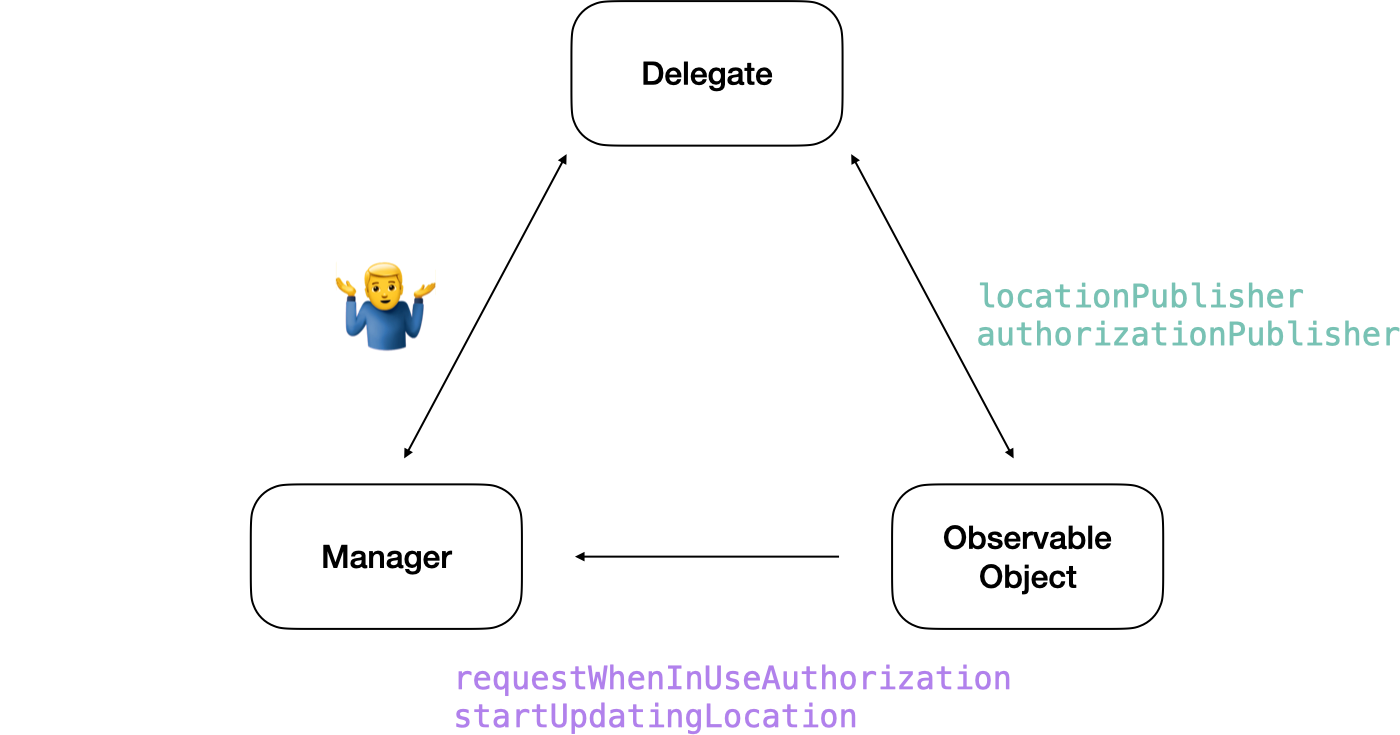
Combine & CoreLocation, Part 1 - Publishers & Delegates
Many APIs from Apple come from an era of Objective-C and Delegate Patterns. How do we adapt those APIs for SwiftUI and create Publishers from delegates? -

Swift on ARM - Supporting ARM in Swift Package CI
In this article, I'm going to go over how to setup your CI and install Swift in Travis-CI and GitHub Actions for ARM architectures. -

flatMap, Double Optionals, and Functional Programming
It seems there's some confusion when it comes to flatMap and Optionals. In the end, using flatMap correctly will make your code easier to read. -
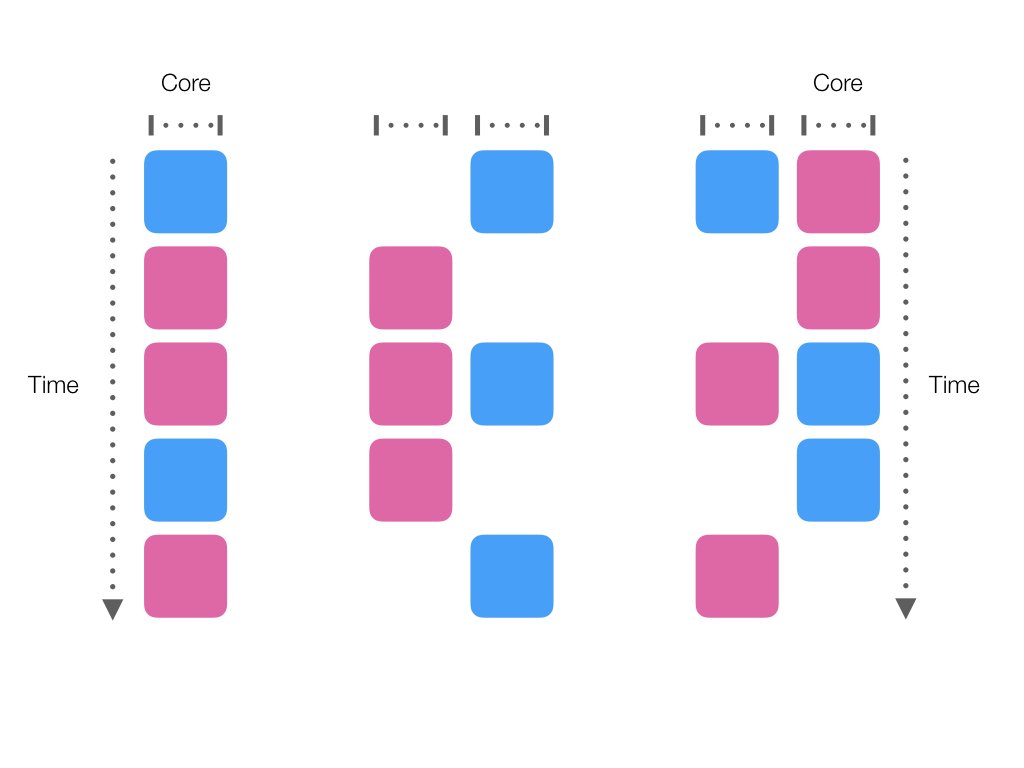
Asynchronous Multi-Threaded Parallel World of Swift
From the Mac Pro to the Apple Watch developers need to design thier applications to best take advantage of multiple cores in Swift using asynchronous methods. -
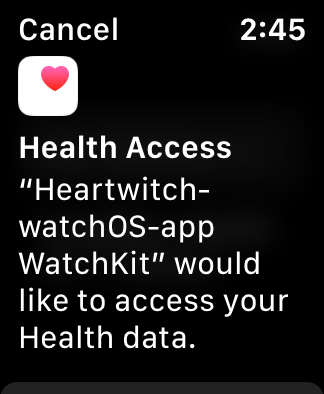
Independent Watch App and HealthKit
In the development of my latest app which is an Independent Watch App and uses HealthKit, I ran into an issue with App Store Connect. -
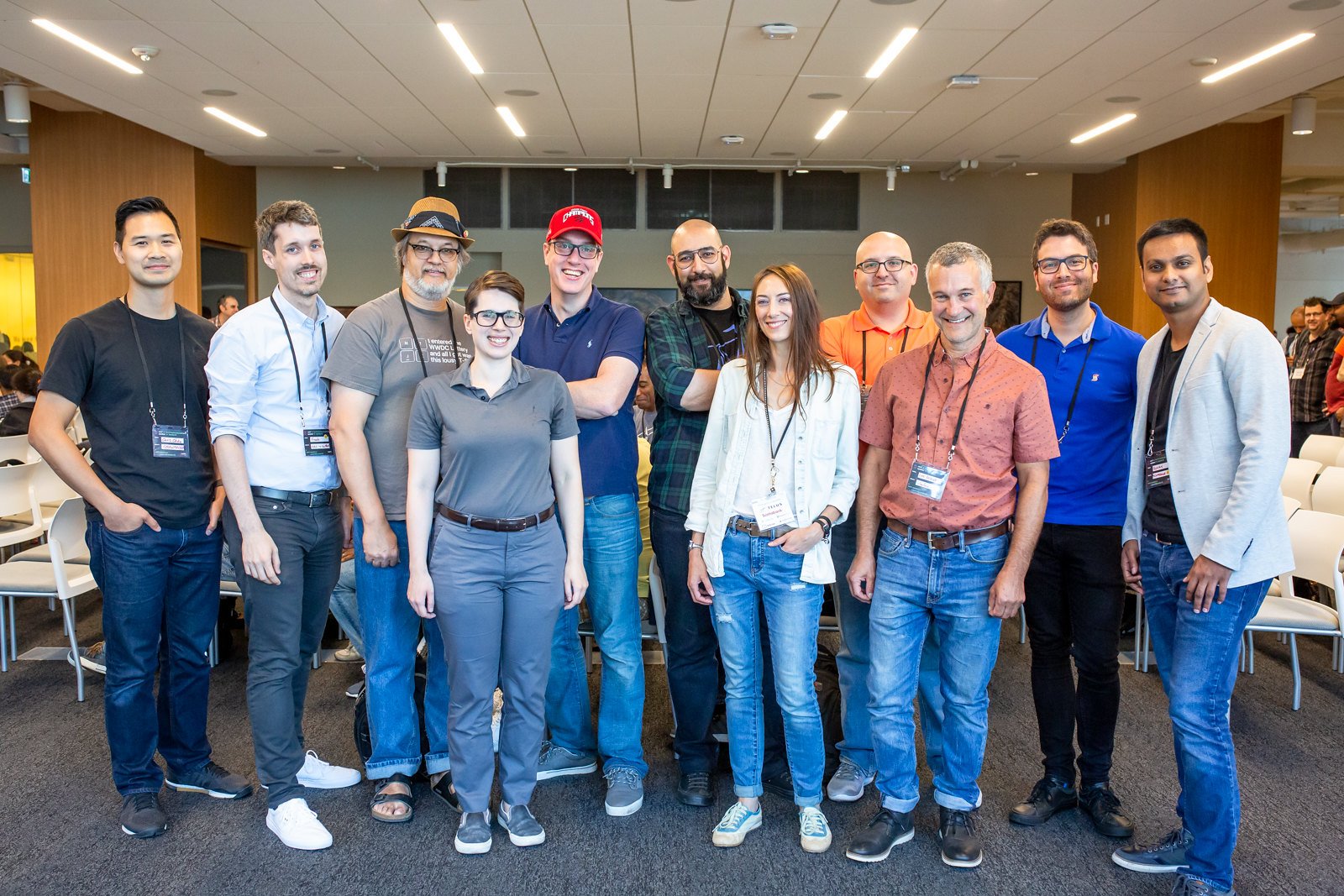
Get Started Developing Server Side Swift with Vapor
-

Mac for Developers - Which One To Learn Swift in 2019?
With learning Swift and iOS development, it can be a challenge to find the right Mac for developers. Here are some guidelines depending on experience and budget. -
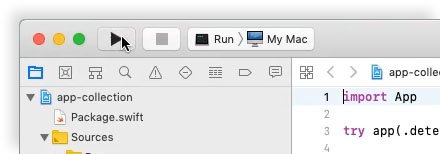
Vapor - Deep Dive Guide into Setup and Deployment for Heroku and Ubuntu
Vapor is a really great choice and fairly easy to work with. In this article I am going to cover how to get started and deployed to the web. -

Vapor - Swift Choice For the Back End
For Swift developers, Vapor has become an increasingly apt choice for a mobile backend. I decided to deep dive into Vapor and see if it is a viable choice. -
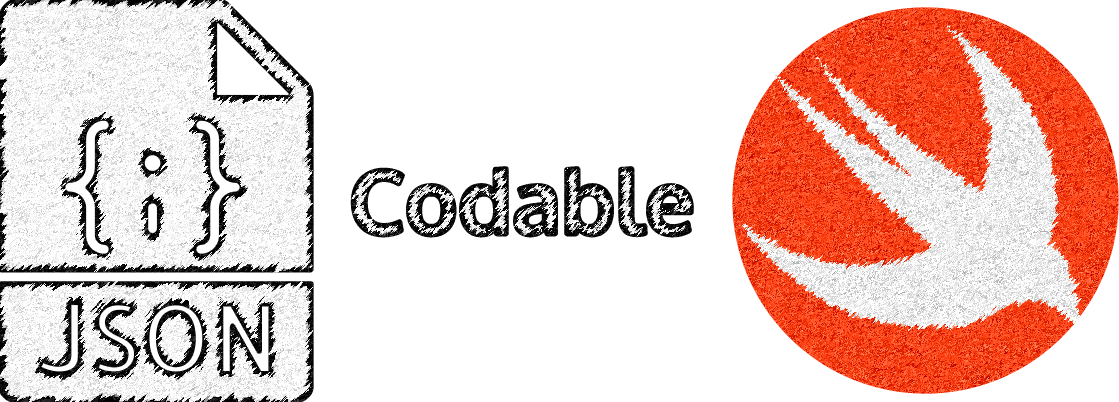
Codable - 4 Ways to Improve How You Decode JSON
Codable, introduced in Swift 4, provides a convenient and easy way to encode and decode JSON. However not everything works out of the box. -
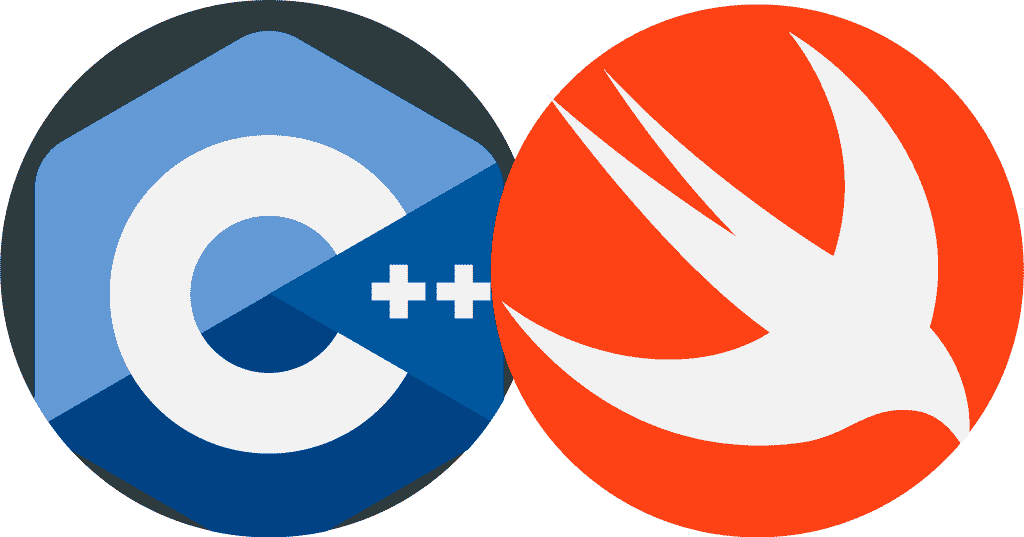
Integrating C++ Libraries with Swift - How Speculid Is Built
Previously, I discussed using Objective-C to integrate C++ with Swift in Speculid. Today, I'm going to talk about the challenges of using C++. -
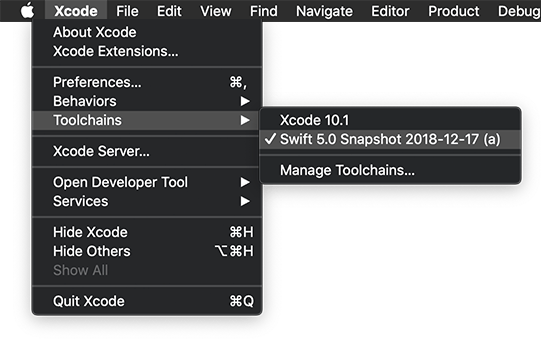
Swift 5.0 and XCode 10.1 - Using a Custom Toolchain
You can try the features of Swift 5.0 using the development branch toolchain now. However with Xcode 10.1, it takes a bit of tweaking to get it to work. -
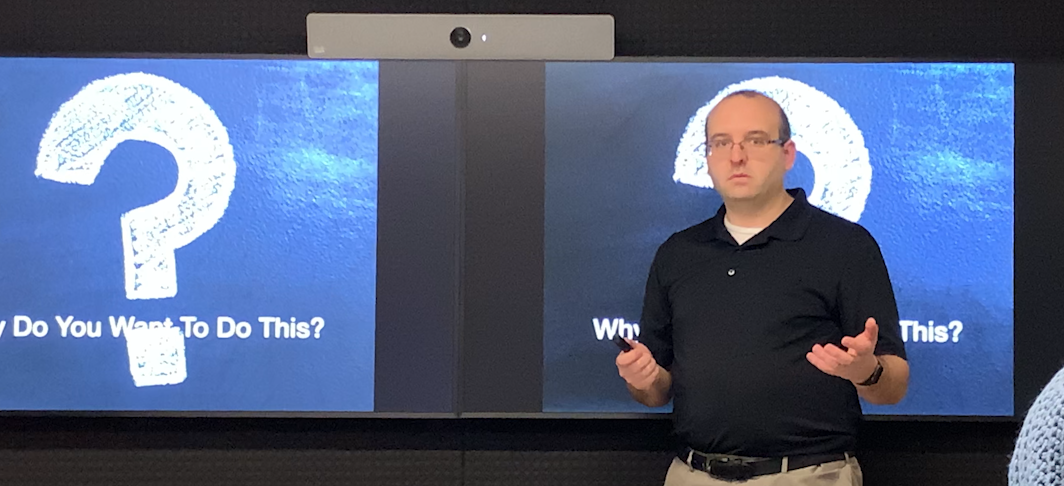
Freelancing - How to Prepare and Get Started
Last week I spoke at the LaDev in Ann Arbor on what it takes to go out on your own as a freelancing software developer and entrepreneur. -
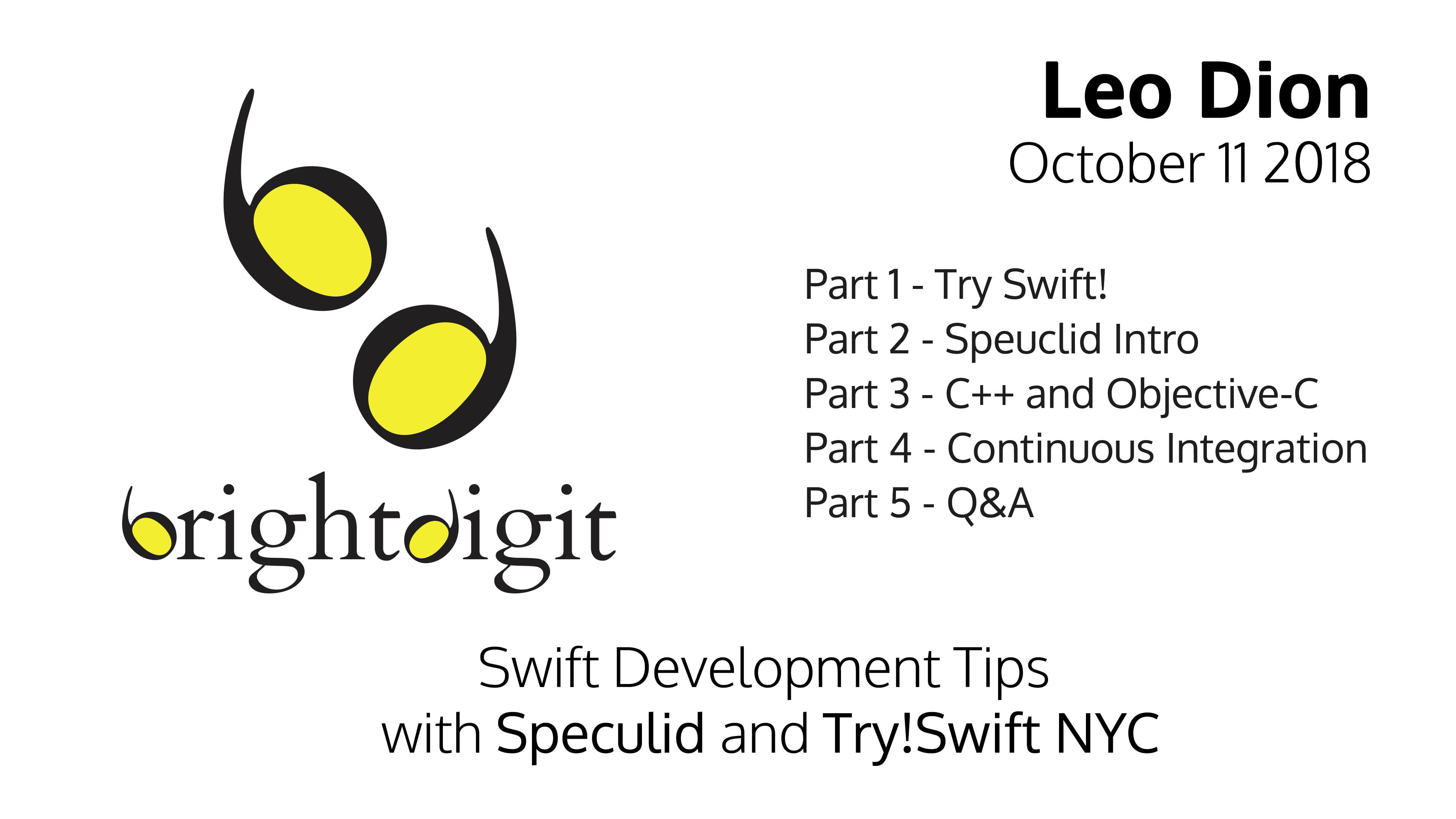
Swift Development Tips - Speculid & Try!Swift NYC 2018
On October 11, I spoke at Ann Arbor Cocoaheads at ArborMoon and gave some swift development tips. Specifically developing Speculid and Try!Swift New York. -
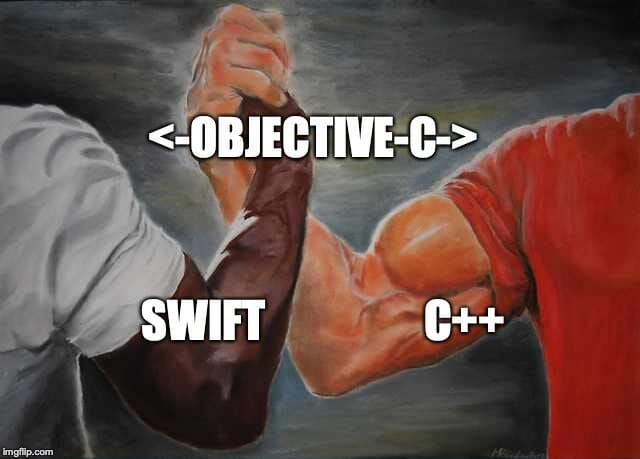
Objective-C and Swift - Being Friendly
Objective-C is still necessary for Swift development. With the introduction of C++ libraries in version 2.0 of Speculid, Objective-C became necessary. -

Asset Catalogs, Image Sets, and App Icons
In Xcode, Asset Catalogs are an important part of that process and the primary way they are used is through Image Sets and App Icons. -
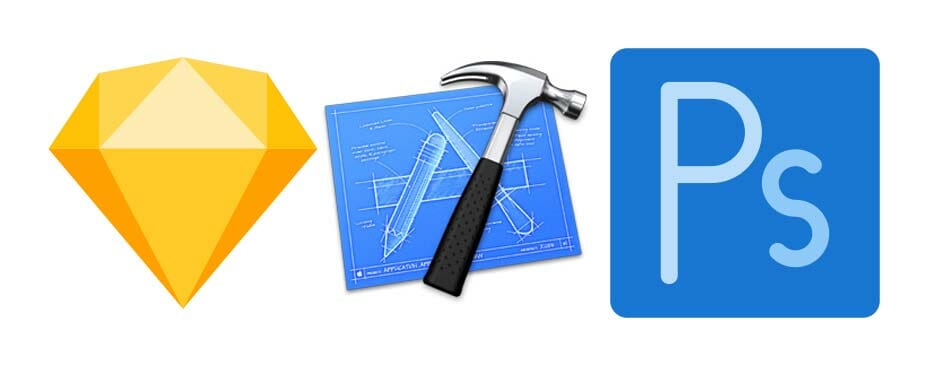
App Icon Templates - Building Graphics For Xcode
Asset Catalogs are the key component in Xcode. Today we are going to talk about using app icon templates in Sketch and Photoshop. -

Speaking at A2 Cocoaheads on Speculid and Try!Swift
Next Thursday on October 11, I'll be speaking at the Ann Arbor Cocoaheads at ArborMoon on developing Speculid as well as Try!Swift New York. -

Swift Thoughts on try!Swift NYC 2018
I had a great time at try!Swift New York this year and there were some interesting trends in Swift programming with the topics presented this year. -

MicroConf and building an app for the Apple Watch on iPhreaks
Leo Dion from BrightDigit was recently a guest on the podcast iPhreaks discussing MicroConf, customer discovery, info products, meetups, and building an exercise app for the Apple Watch. -

HealthKit Workout Session with HKLiveWorkoutBuilder
HKLiveWorkoutBuilder simplifies the way we track health data during workouts. Let's begin a workout and track the user's heart rate. -

WWDC 2018 - Swift 4.2 and "Random" Changes
With WWDC 2018, Swift 4.2 has introduced new ways to generate random values and access random values from a collection. Included with Xcode 10, there is access to generating random numbers of various types and accessing items from collections. -

HealthKit - Getting Started - HKObjectType and Authorization
HealthKit is the most important API when it comes to building health, fitness and workout apps. HealthKit also has many intricacies and details which need introduction when getting started such as HKObjectType and HKHealthStore. -

Understanding Optionals in Swift
Optionals are a fairly unique concept in Swift. While Objective-C used pointers, Swift has an inherent syntax for optionals… -

ScriptingBridge - Communicating with Swift and AppleScript
You may want to build an app in Xcode with the power of AppleScript and without the need for scripts - particularly using Swift with ScriptingBridge.
